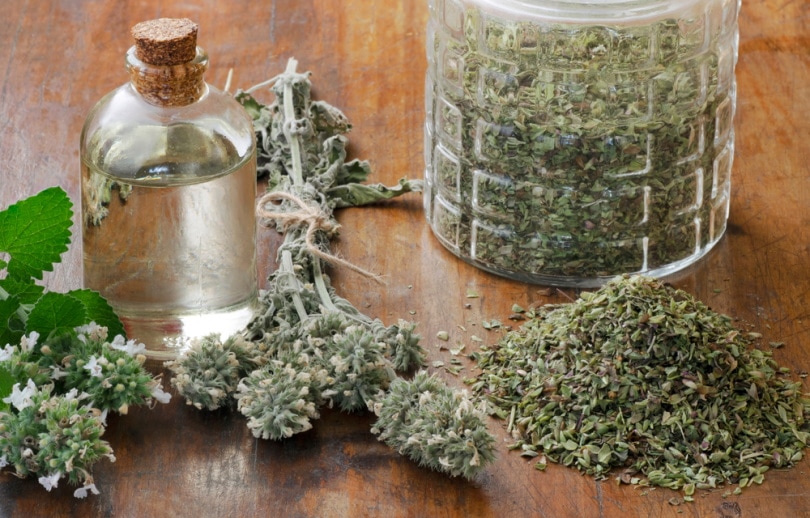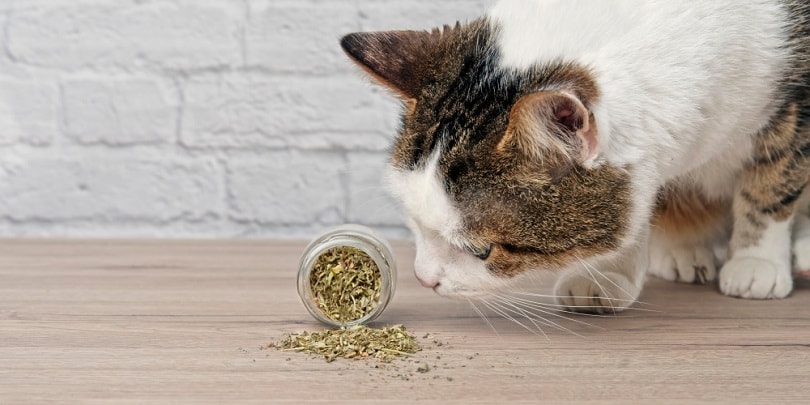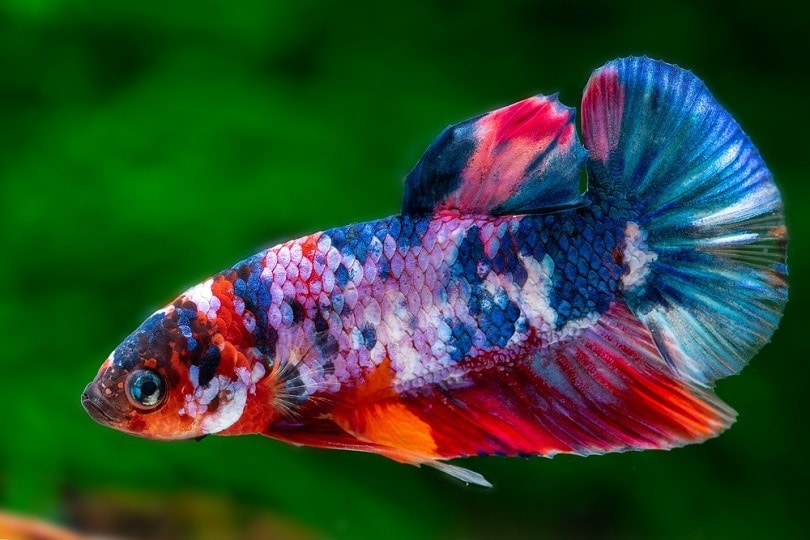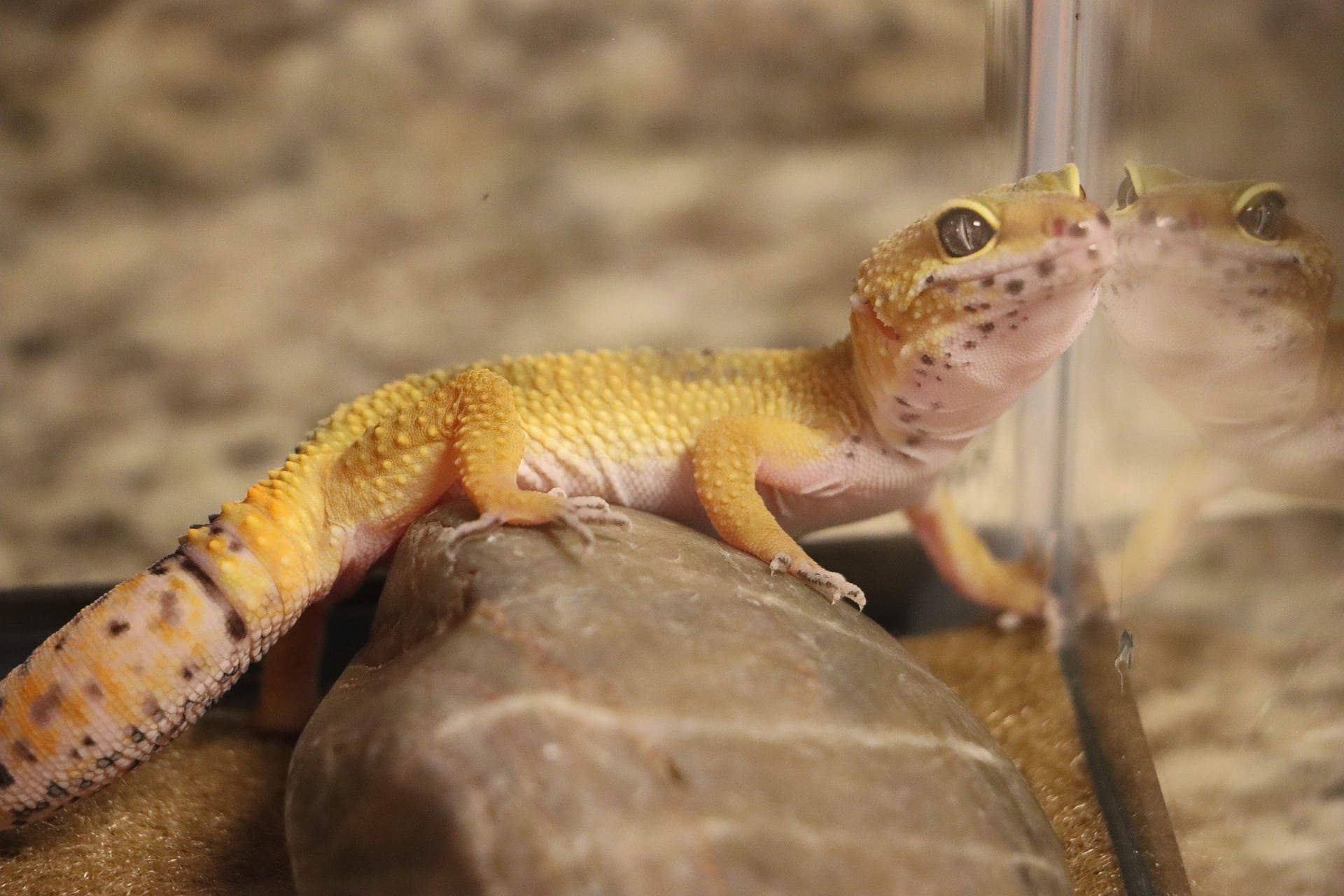
The feline affinity for catnip is no secret, but loving cat parents are often curious about what catnip is, why it makes cats go berserk, and how safe it truly is. Catnip is perfectly safe for cats to eat, but be careful not to let your fluffy friend get too carried away—too much could result in an upset tummy and incoordination.
In this post, we’ll share all you need to know about catnip and its effects.
The Basics of Catnip
Catnip (Nepeta cataria), a lush, leafy green herb, belongs to the mint family, of which there are around 250 species. It’s native to many parts of the world, including Central Asia, parts of China, the Middle East, and Europe.
Though this perennial herb has long been associated with its effects on both wild cats and domestic cats, it’s also an important ingredient in various kinds of traditional human herbal medicines, including those targeting coughs, anxiety, and asthma.

The Effects of Catnip on Cats
Catnip reactivity is inherited, with only around 50% of cats enjoying its potent effects. If your cat is reactive to catnip, you won’t know it until they’re at least 3 months old—kittens any younger won’t react at all, even if they have inherited this sensitivity.
Reactions to catnip range from becoming very chilled out and affectionate, to playful and even hyperactive.1 When cats eat catnip, they tend to become more relaxed, whereas when they sniff it, they’re more likely to become hyperactive. Catnip-related behaviors can include:
These effects are caused by an oil within catnip called nepetalactone. To cats, catnip smells just like the scent of sex pheromones, which is why cats reacting to it tend to behave as if they were in heat (for example, rubbing up against objects or people and rolling on the floor). Reactions to catnip typically last no longer than 10 minutes.
Is Catnip Safe for Cats?
Yes, catnip is very safe for cats as long as they don’t eat too much of it. Though a catnip overdose can’t kill a cat, it could cause a stomach upset with diarrhea and vomiting. Some cats also experience difficulty with coordination when they overindulge in catnip, which can lead to dizziness and inability to walk properly, much like a human under the influence of drugs.
Fortunately, it’s not common for cats to experience these ill effects. Furthermore, cats can’t become addicted to catnip, though they might build up a mild tolerance to it.
To reduce the risk of your cat overdosing on catnip, offer it in small amounts – moderation is key. In addition, experts warn against using catnip oils in high concentrations because these are especially potent. In fact, some commercial catnip oils come with a label explaining that they’re not suitable for cats.

Tips for Using Catnip
If your catnip-loving kitty could use a bit of fun or needs to chill out, there are plenty of ways catnip can help! Here are some ideas:
Final Thoughts
For cats lucky enough to be sensitive to the effects of it, catnip is a safe, inexpensive, and natural way to let your kitty have a bit of fun. Just remember to offer catnip in moderation to prevent the risk of a tummy upset. If you’re not sure how much catnip would be appropriate for your cat, please speak to your vet.
Featured Image Credit: gvictoria, Shutterstock










